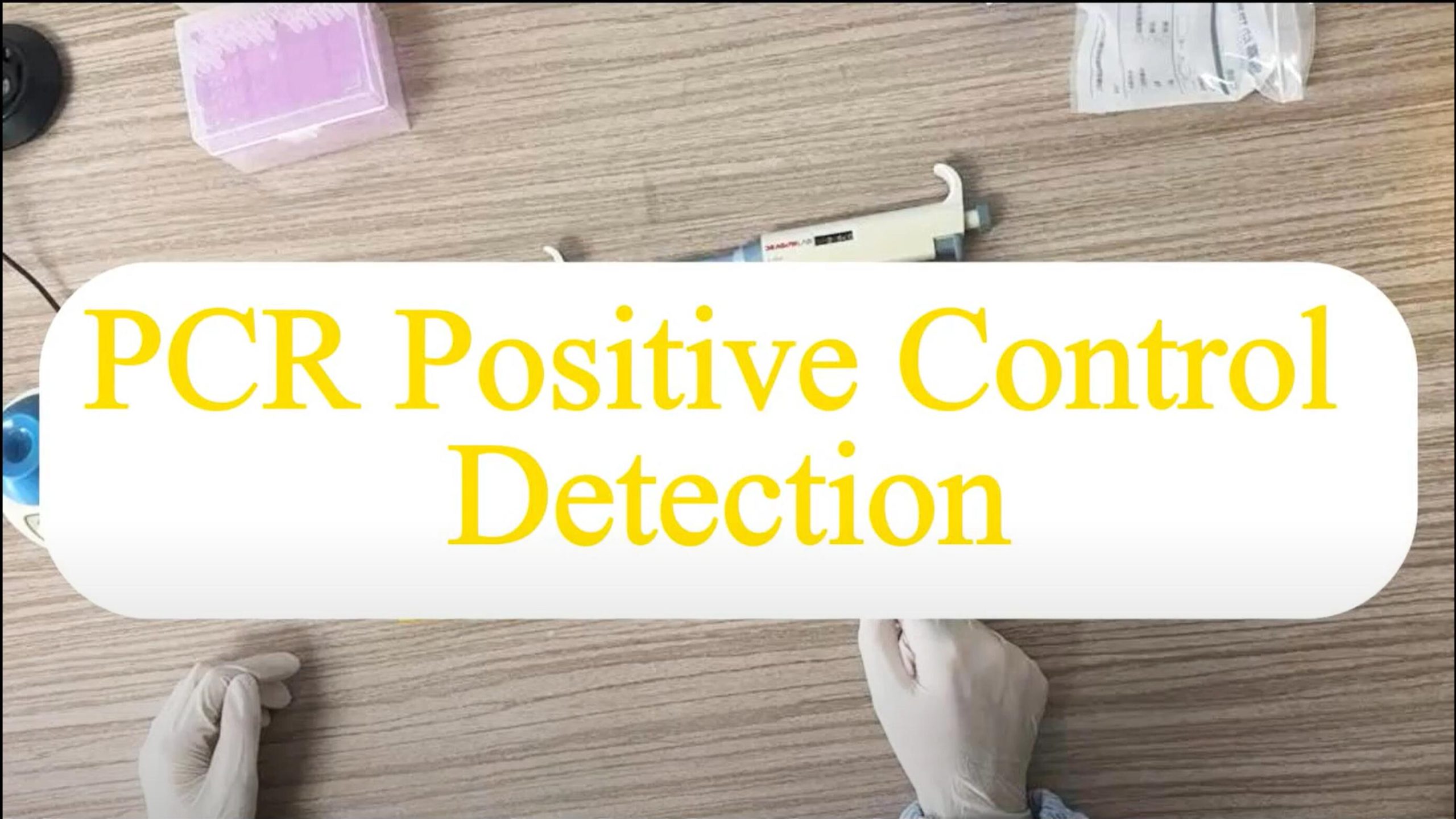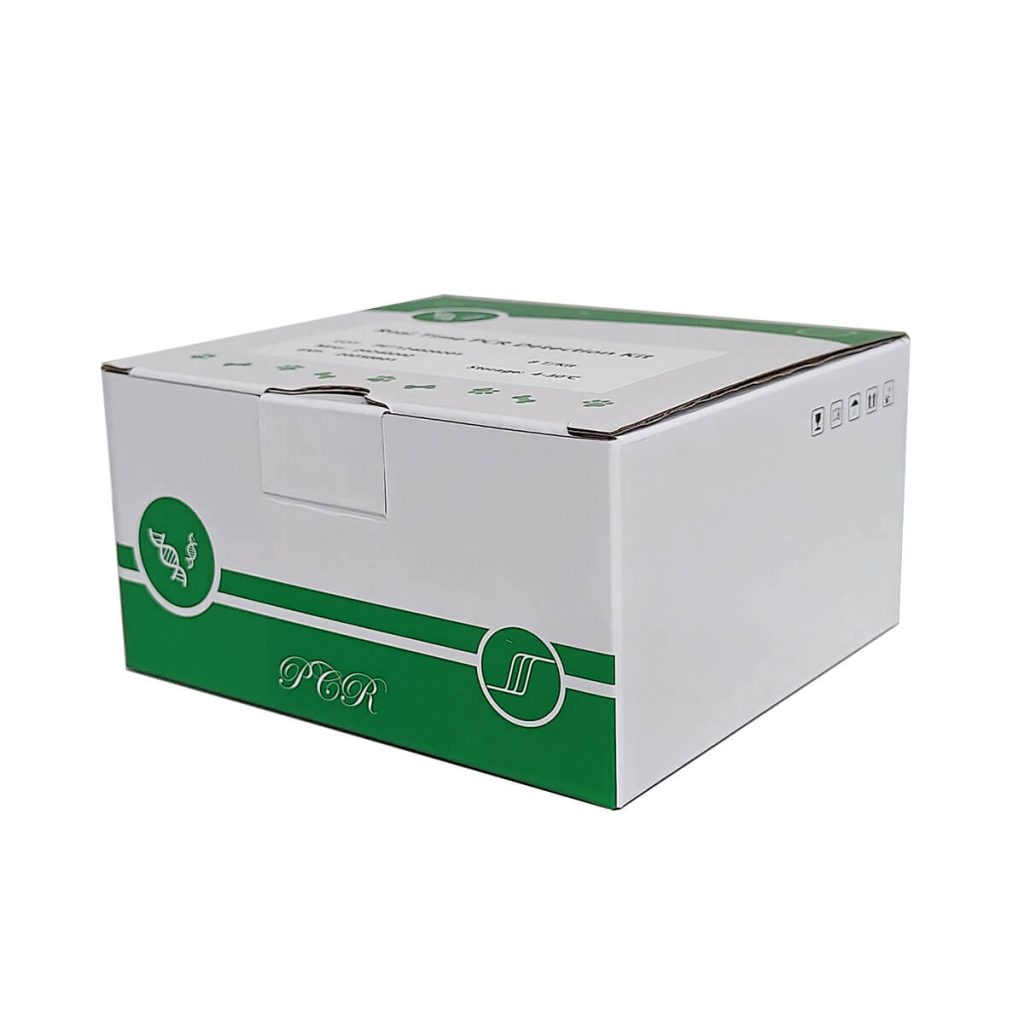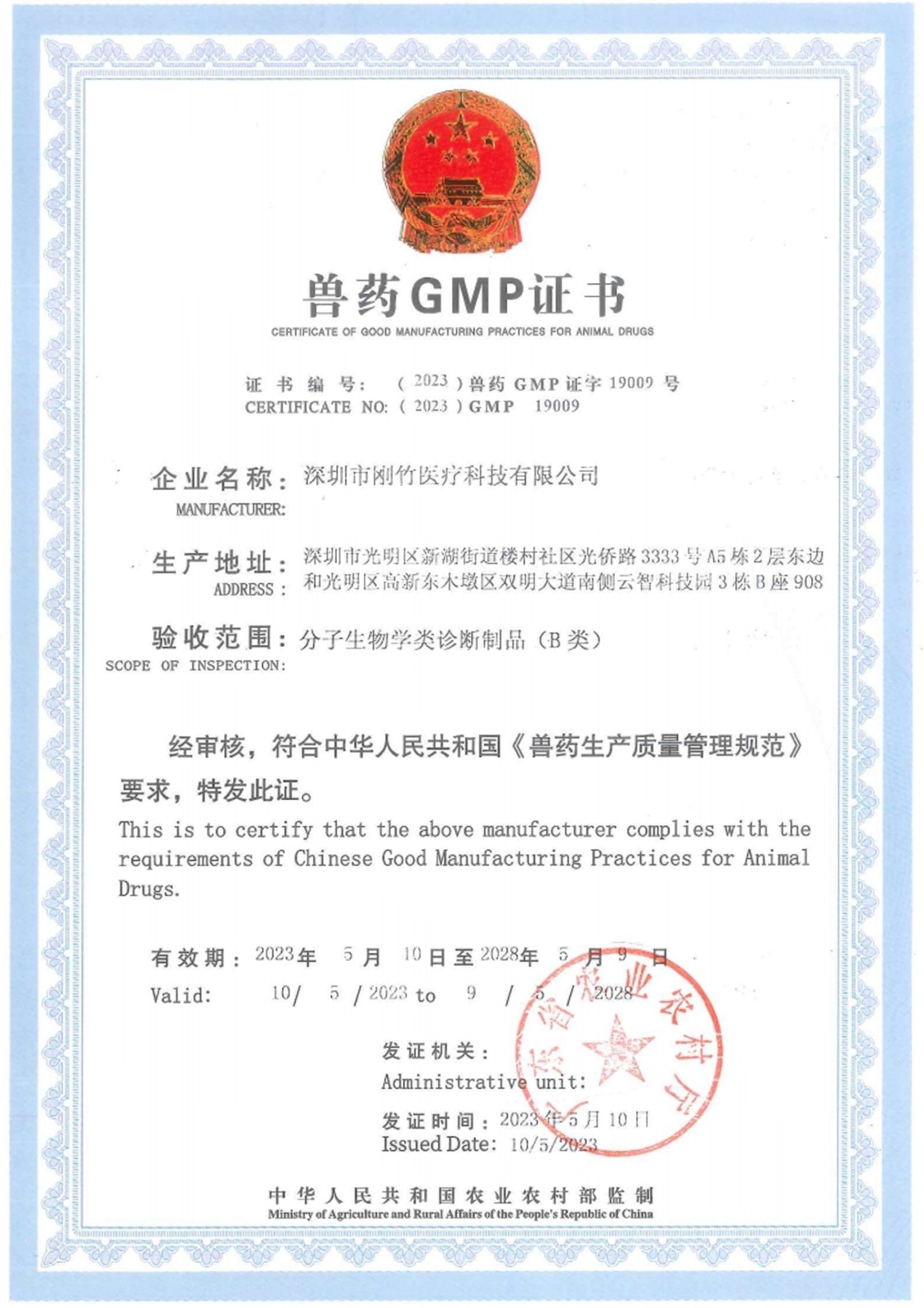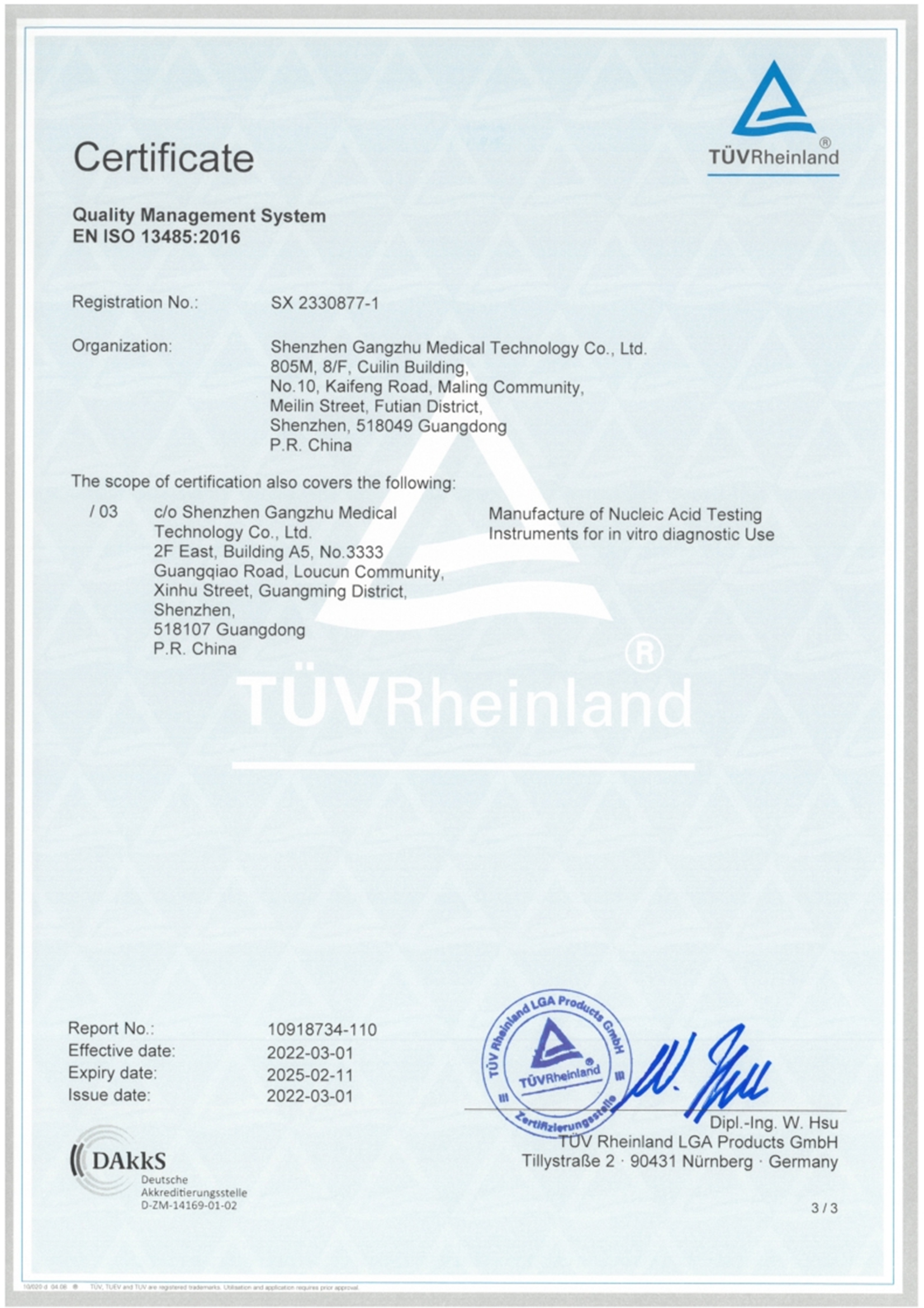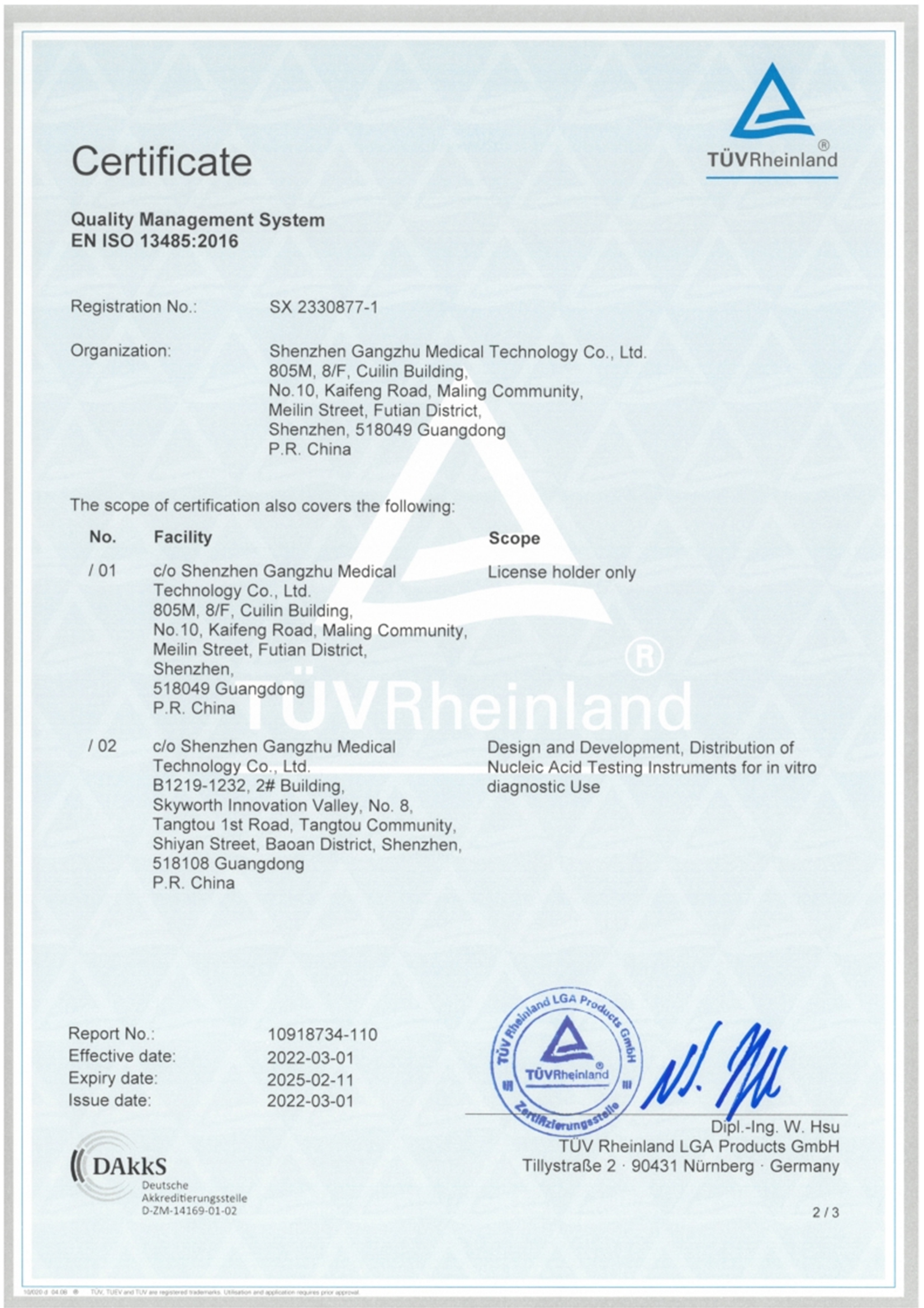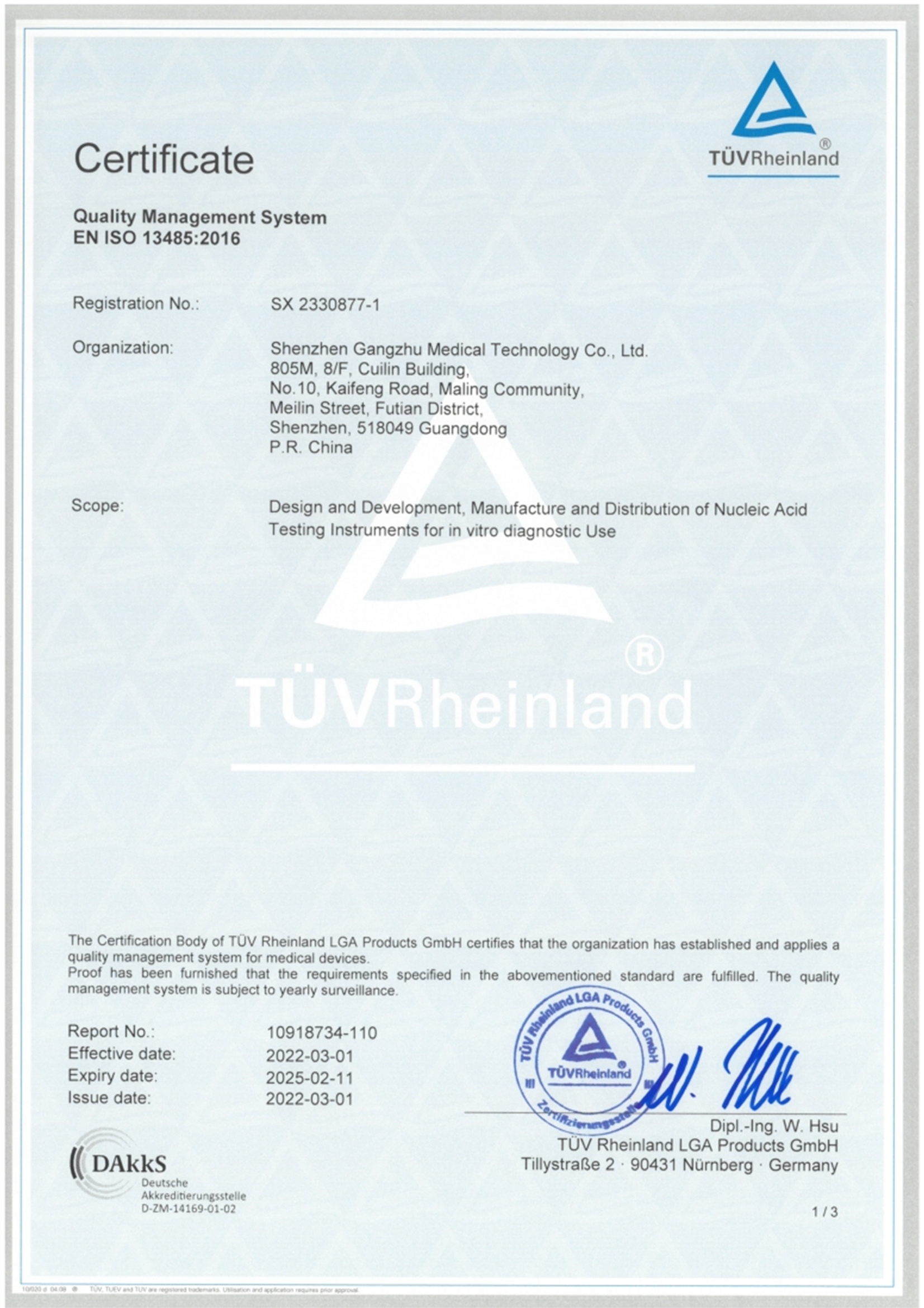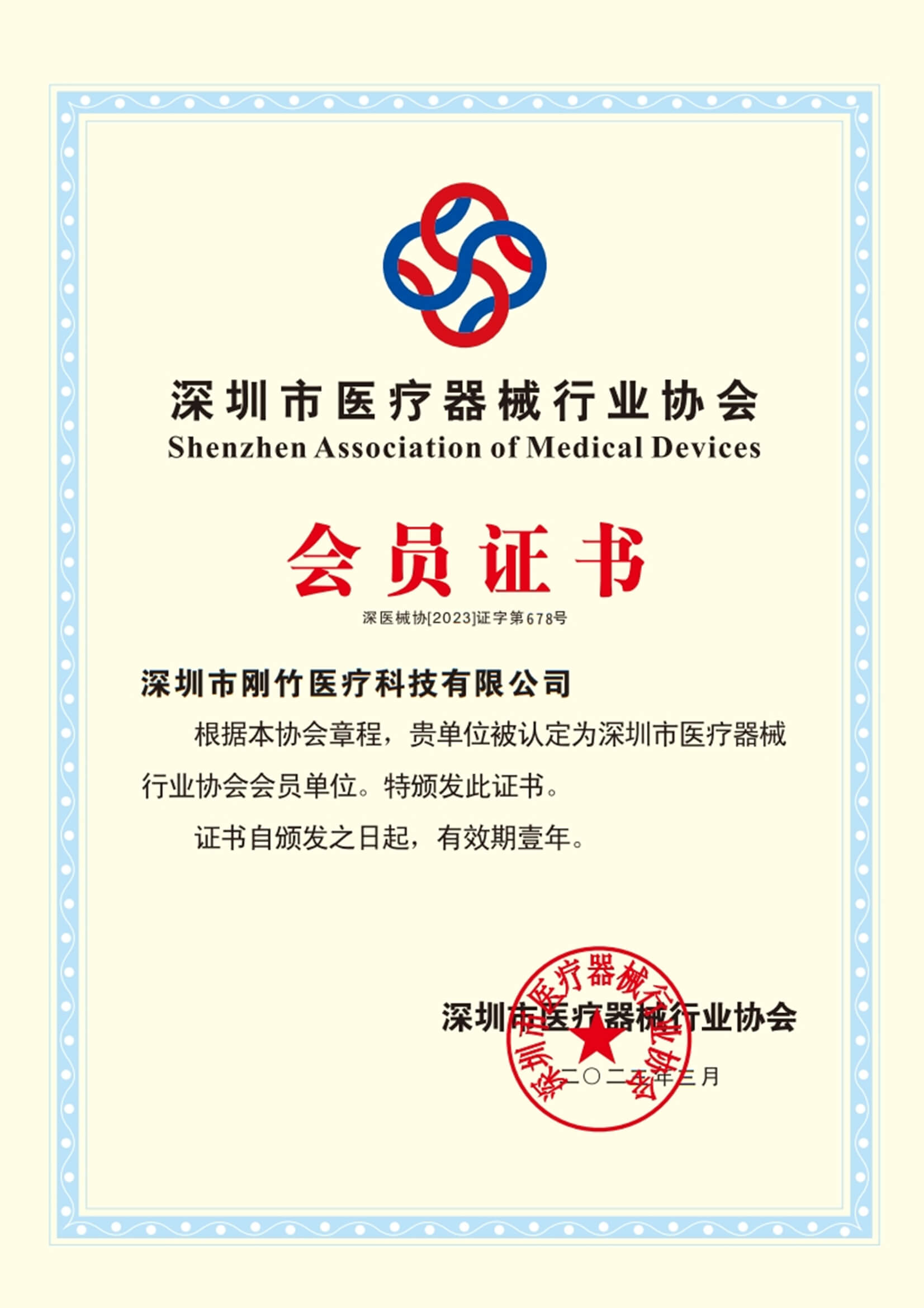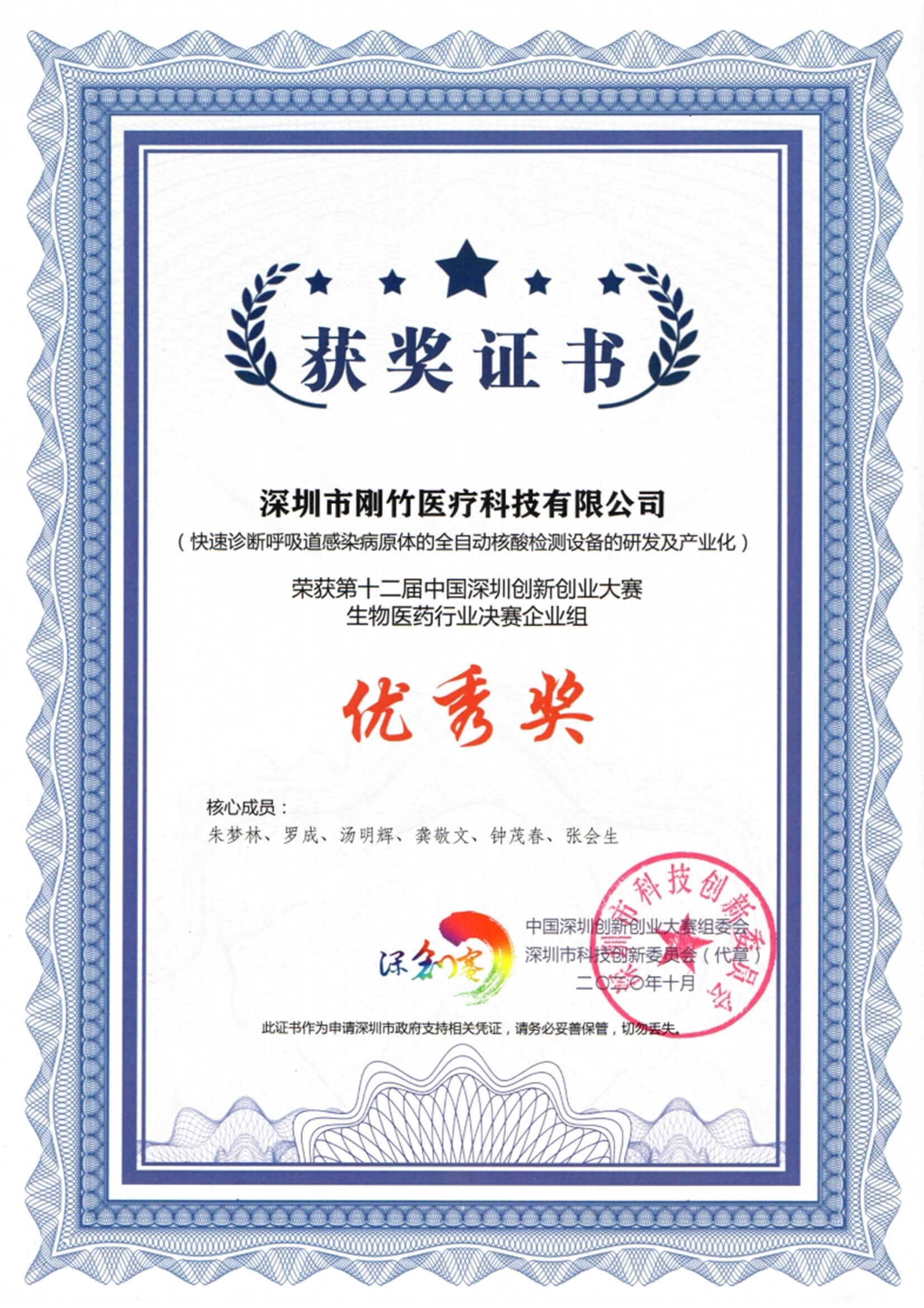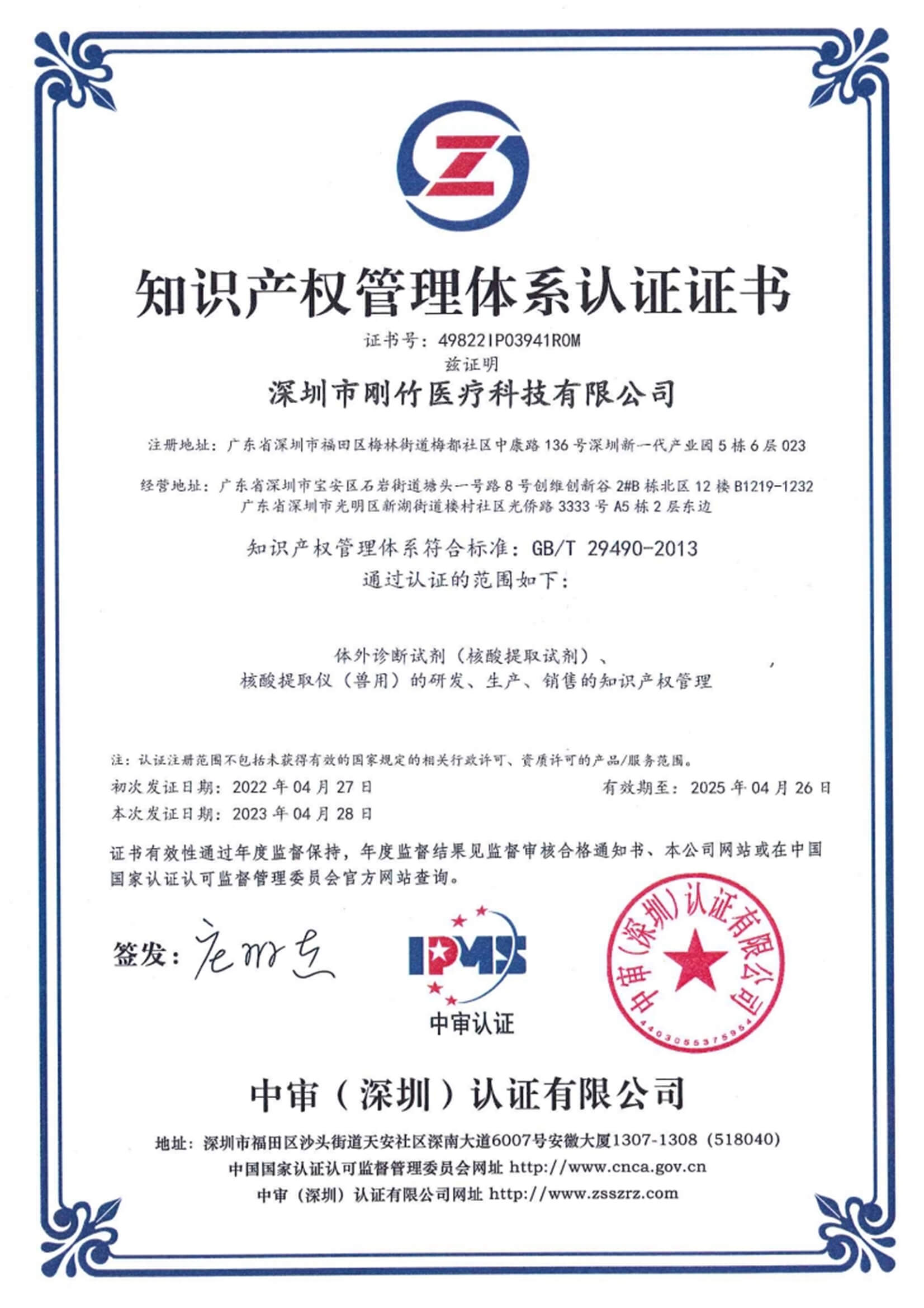Real Time PCR Detection Kit
The PCR reagent for infectious disease detection launched by Gangzhu Medical Institute adopts the advanced new diagnostic reagent form – PCR full freeze drying system. It includes reagents required for extraction and amplification. The extraction reagent adopts the rapid nucleic acid extraction technology based on magnetic bead method, which is simple and fast to ensure the accuracy of diagnostic results. The amplification reagent adopts vacuum freeze drying technology, including enzymes, primers, probes, dNTPs required for PCR reaction, various ions required for reaction, and the stability of dry PCR reagent for better storage and transportation.
A box of GZ Med’s PCR testing kits contains 8 tests, including reagents and sampling tubes.
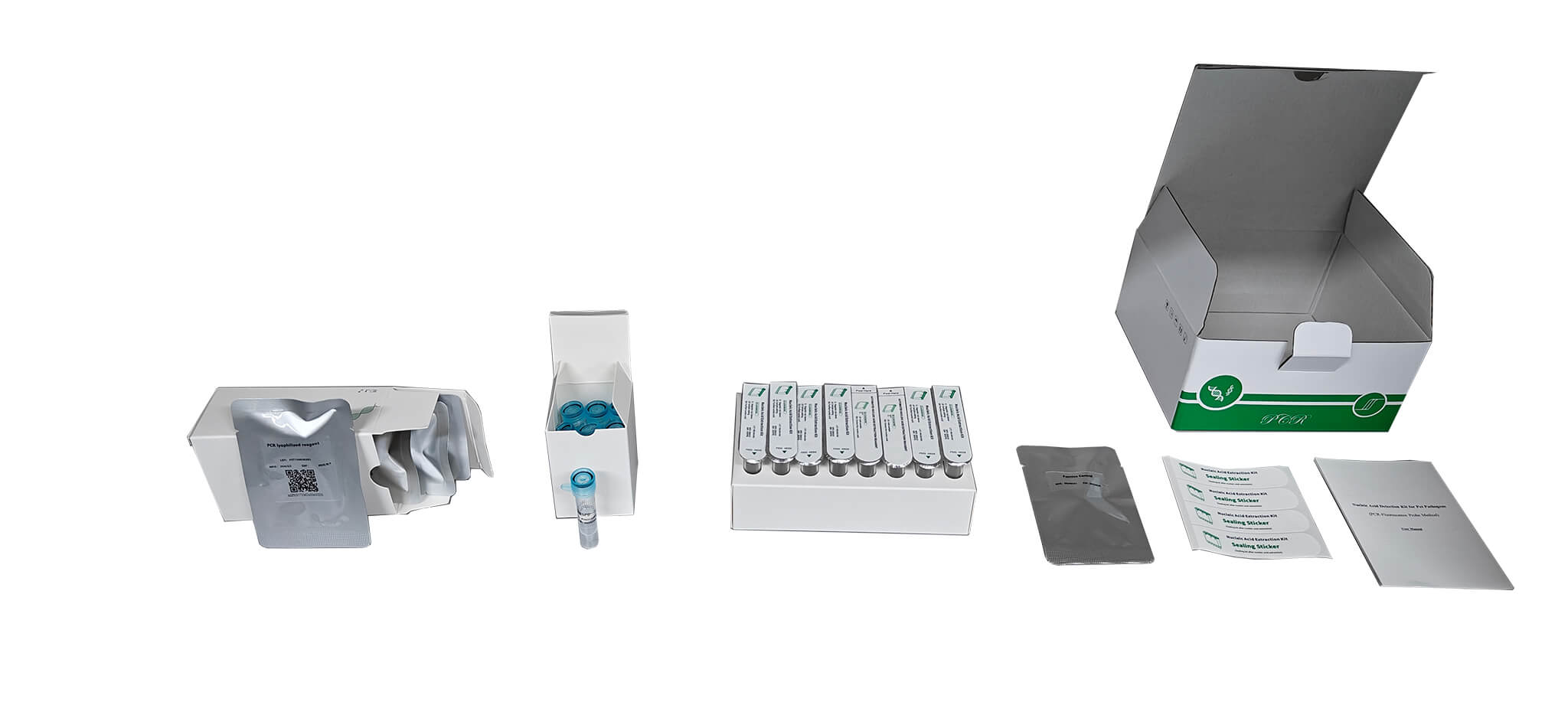
We can offer the OEM/ODM services of our products. The product can be customized according to your requirements, including the brand, label, painting colors, and packing box. Please offer your design documents or tell us your ideas and our R&D team will do the rest.
PCR Positive Control Detection
Singular
Cryptosporidium spp. Real Time PCR Detection Kit
Giardia lamblia Real Time PCR Detection Kit
Babesia spp. Real Time PCR Detection Kit
Canine Distemper Virus Real Time PCR Detection Kit
Canine Parainfluenza Virus Real Time PCR Detection Kit
Canine Adenovirus type II Real Time PCR Detection Kit
Canine Adenovirus type I Real Time PCR Detection Kit
Borrelia burgdorferi Real Time PCR Detection Kit
Leptospira spp. Real Time PCR Detection Kit
Duplex
No posts
Four items
No posts
Five items
No posts
Six items
No posts
Eight Items
No posts
FAQ
Certifications
As one of China’s leading Vet PCR manufacturers, we have the certifications according to different country rules. All the machines imported from our factory are high quality and safety guaranteed.

